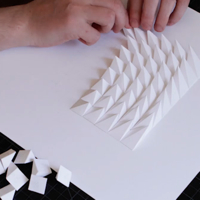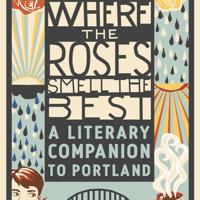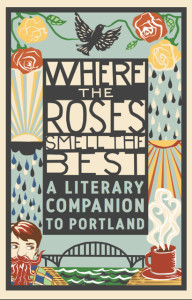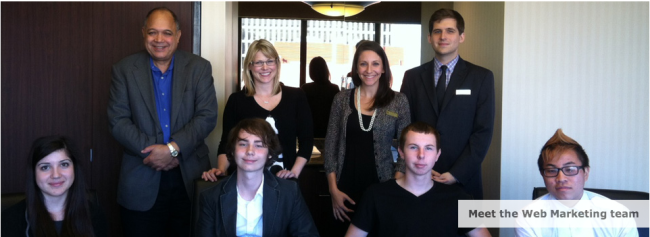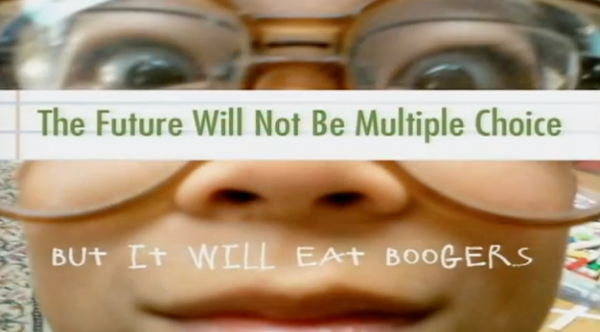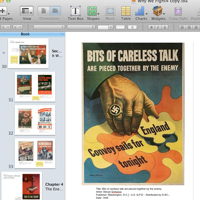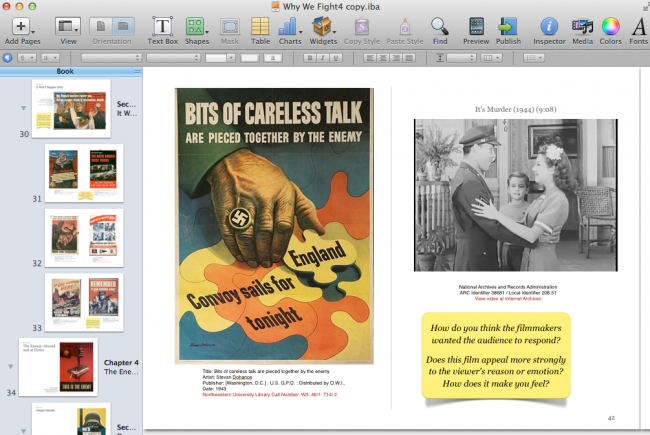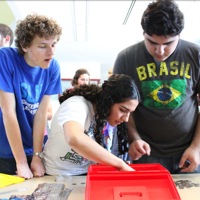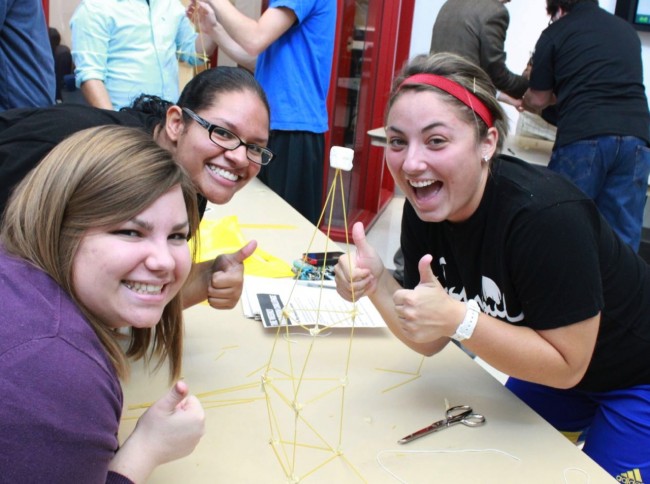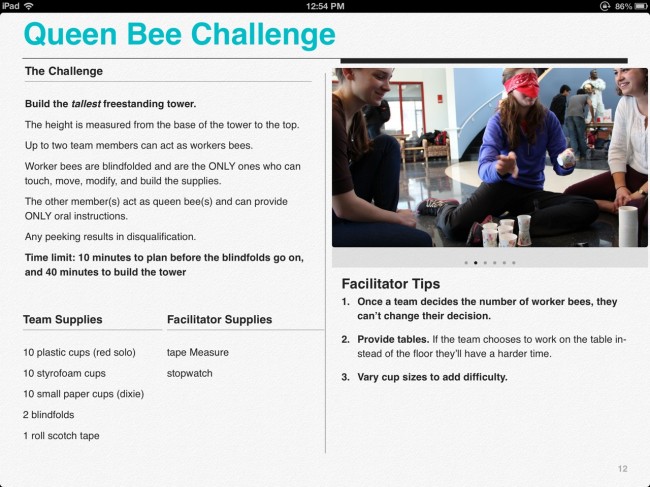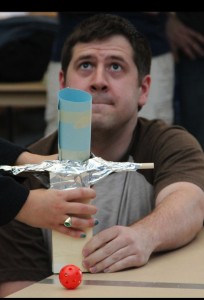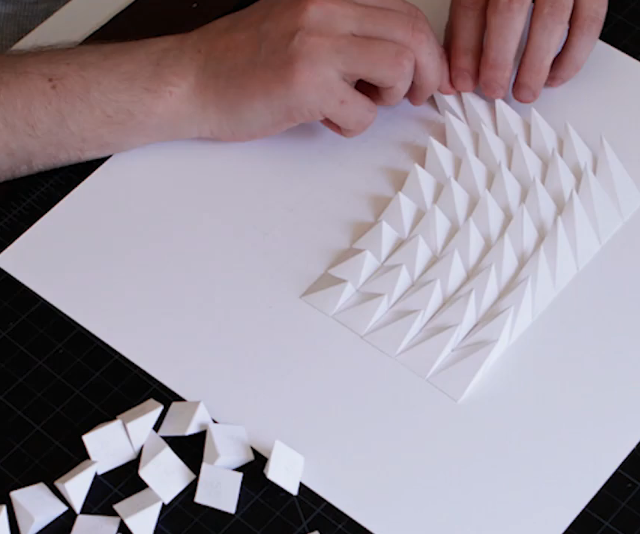 Watch this short video as Matthew Shlian talks about himself, how he learns and the role that curiosity plays in his work. Then think about the kind of classroom that would foster Matt and learners like him. Matt states:
Watch this short video as Matthew Shlian talks about himself, how he learns and the role that curiosity plays in his work. Then think about the kind of classroom that would foster Matt and learners like him. Matt states:
I failed at math. I failed at Algebra. But I can understand things if I can see them. And I can actually understand them better if I can hold them in my hand. … A lot of my work is about curiosity. I come to understanding by making. If I can see what something’s going to look like when it’s finished, then I don’t want to make it. That would be like filling out a form.
Ghostly International presents Matthew Shlian from Ghostly International on Vimeo.
If I can see what something’s going to look like when it’s finished, then I don’t want to make it. That would be like filling out a form.
As the video description notes:
Matthew Shlian works within the increasingly nebulous space between art and engineering. As a paper engineer, Shlian’s work is rooted in print media, book arts, and commercial design, though he frequently finds himself collaborating with a cadre of scientists and researchers who are just now recognizing the practical connections between paper folding and folding at microscopic and nanoscopic scales.
An MFA graduate of Cranbrook Academy, Shlian divides his time between teaching at the University of Michigan, mocking up new-fangled packaging options for billion dollar blue-chips, and creating some of the most inspiring paper art around.
Ghostly teamed up with the Ann Arbor-based photographer and videographer Jakob Skogheim, to produce this feature short, which combines interview and time-lapse footage of Shlian creating several stunning new pieces.
